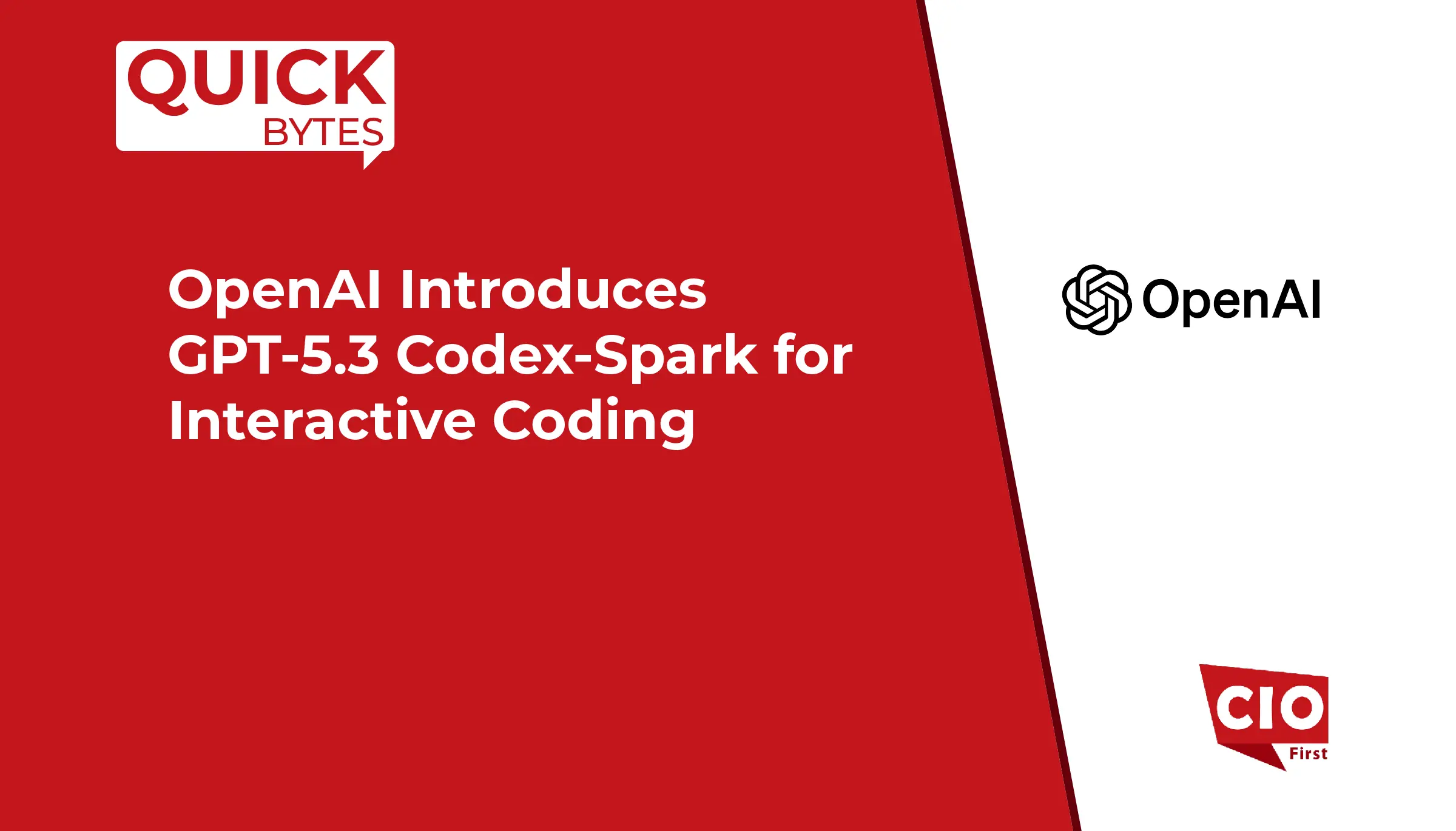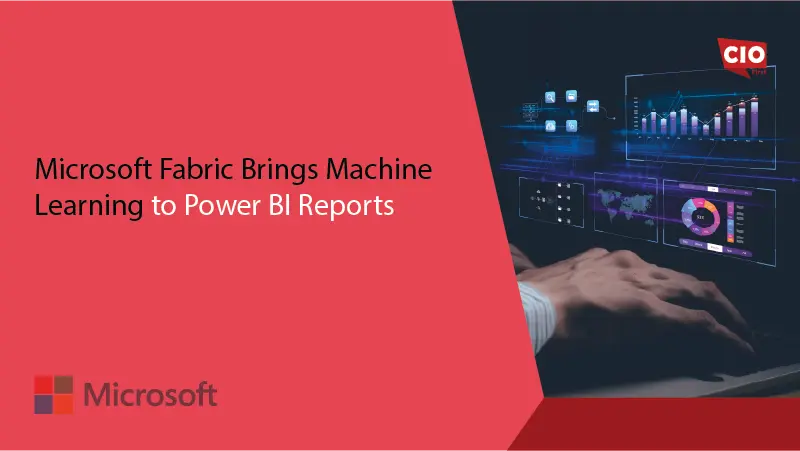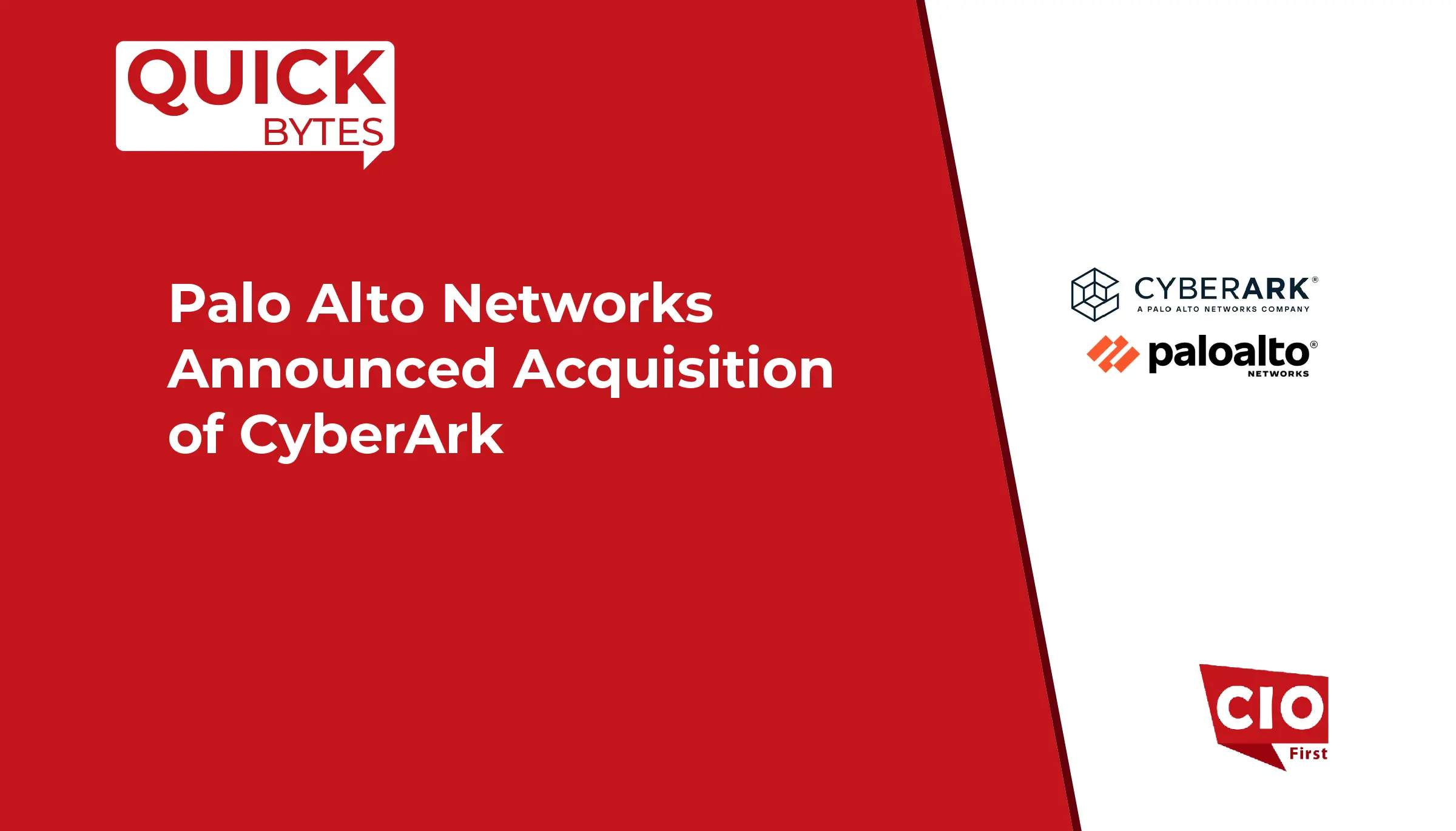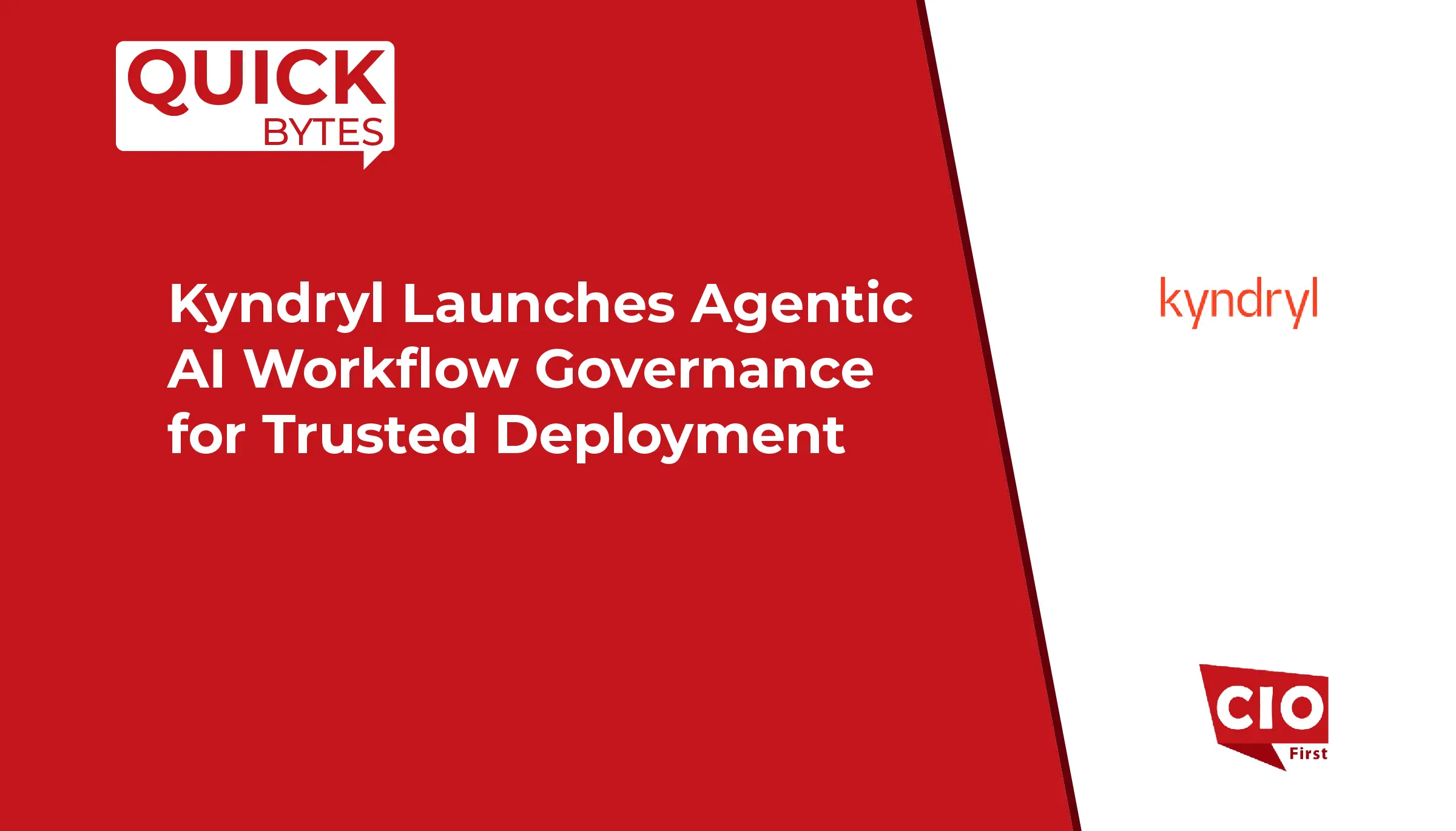Threat fighters are using sophisticated technologies like automated scripts and botnets to expand their test attacks on maps. This allows them to discover vulnerabilities on an unprecedented scale and with incredible speed. These so-called enumeration attacks result in operational expenses and fraud losses of $1.1 billion annually, representing a significant portion of global fraud. To combat this threat, Visa (NYSE:V), a leader in digital payments, announced an expansion of its Visa Account Attack Intelligence (VAAI) to include the VAAI Score. This new tool leverages generative AI components to detect and evaluate enumeration attacks. The VAAI Score, which will be available first in the US, provides a real-time risk score to transactions. The aim is to detect and prevent enumeration attacks in card-not-present (CNP) transactions.
“ Enumeration can have a lasting impact on our customers. “There is an immediate need for tools that can better detect and prevent these attacks in real time,” said Paul Fabara, chief risk and client services officer at Visa. “ Thanks to the VAAI Score, our customers now have access to a real-time score that predicts the likelihood of an enumeration attack. This allows for better informed decisions about when to block a transaction.
Thirty-three percent of enumerated accounts fell victim to fraud five days after sharing payment information with a fraudster. Using AI-powered components, normal and abnormal transaction patterns are identified. Visa’s VAAI Score measures the likelihood of complex enumeration attacks in real time to reduce fraud without compromising the integrity of Visa’s performance and accuracy. The tool has reduced the false positive rate to 85% compared to other risk models because the VAAI score focuses on specific signals in terms of enumeration, which increases performance. The VAAI Score supports issuers in the following ways:
- Reduced fraud and operational expenses : Help detect complex enumeration attacks in real time. This prevents further fraud in compromised accounts and reduces operating expenses as a result of fraud, such as making calls to the customer call center, issuing new cards, and assisting customers.
- Better usability for cardholders : Helps identify when legitimate cardholders’ transactions are not affected and issuers have a tool to proactively reject transactions with a high enumeration risk.
- Real-time transaction scoring : Delivers a real-time risk score within 20 milliseconds to help customers discover enumeration. When using a rules engine, this score can be included in the authorization.
Also Read: Datadog Launches IT Event Management to Enhance AIOps Capabilities
“ Fraudsters today have access to advanced technologies and can very quickly monetize stolen credentials,” said Michael Jabbara, SVP Global Head of Fraud Services, Visa. “ Enumerated transactions impact the entire environment. With the VAAI Score, we provide our customers with an advanced tool that protects their accounts and proactively prevents fraudulent actions.”
The VAAI Score model was trained on more than 15 billion VisaNet transactions. It has six times as many features as previous VAAI models to better assess suspicious enumeration transactions. Visa uses distorted data to train the extremely accurate real-time AI model. By comparing each CNP transaction to the enumeration patterns, the model assigns a two-digit risk score that predicts the likelihood of an enumeration to better decide when to approve or reject a transaction.
Security and reliability are always a high priority for Visa. Over the past five years, the company has invested more than $10 billion in technology, including reducing fraud and improving network security. More than 1,000 dedicated specialists protect Visa‘s network 24x7x365 against malware, zero-day attacks and insider threats. In GF23 alone, Visa managed to proactively stop $40 billion in fraud. Many did not even realize that they were at risk of a potentially fraudulent transaction. We advise consumers to remain vigilant and consider where they shop and who they share their data with.
SOURCE: BusinessWire

























